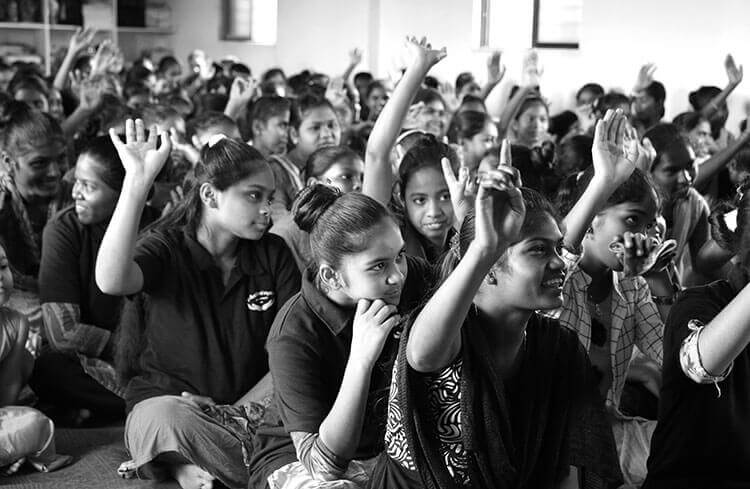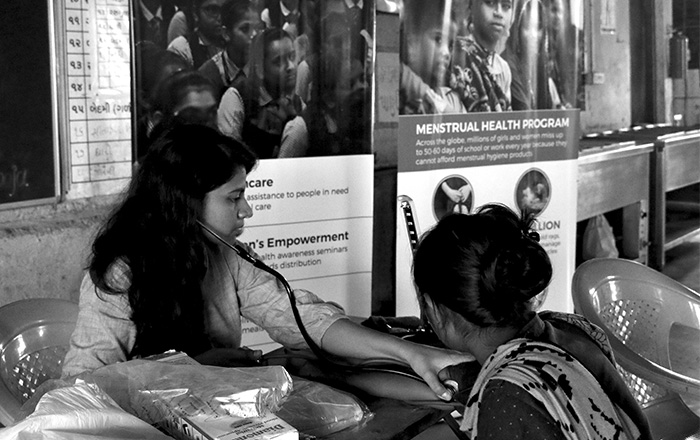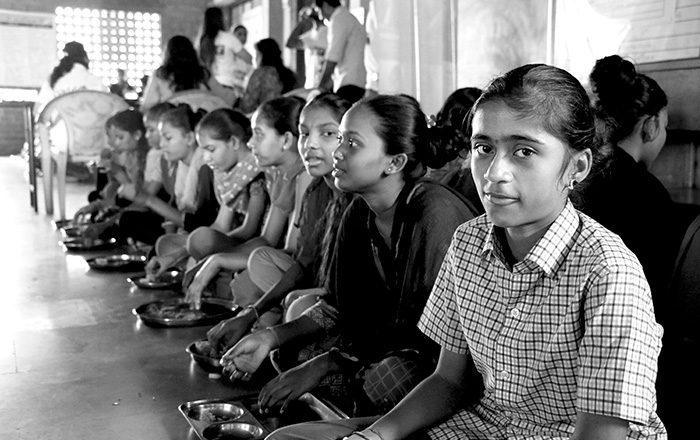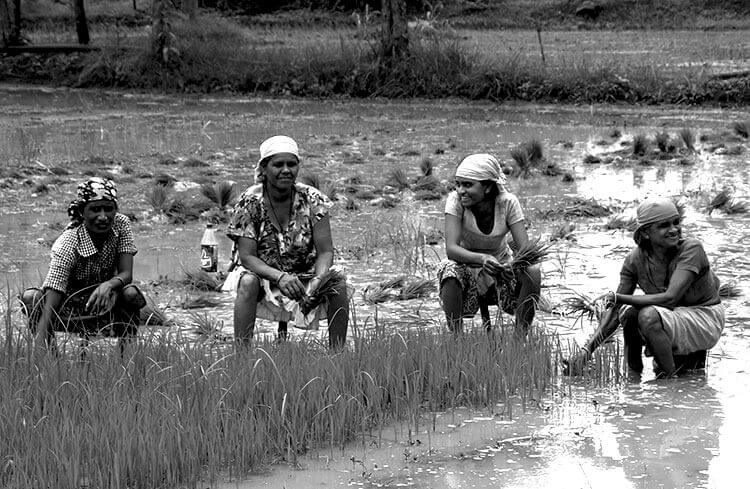Menstrual Health Program
Be the reason for a girl's empowered future
Millions of girls and women miss up to 50-60 days of school or work every year because they cannot afford menstrual hygiene products. When adolescent girls have access to sanitary napkins, they can participate in school, engage socially and carry out daily activities with dignity. Through our Menstrual Health Program, we work together with local schools, communities, and NGOs to distribute sanitary napkins and conduct menstrual hygiene awareness seminars.
Read More






